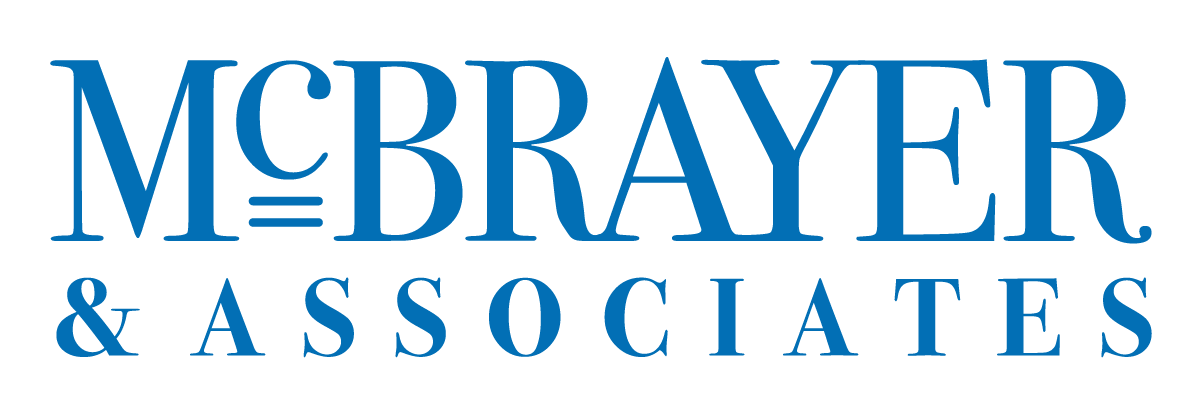Why So Few Salespeople Are Trusted

The sales profession has been called the second oldest profession known to man, often confused with the first. However, retail shoppers would rather “just wander around” than have to talk with a sales clerk, and sales organizations go out of their way to change the title of their salespeople because of its negative connotation.
Salespeople that have gone before us have created a bad reputation for us all. However, there is a better way to go about sales than trying to disguise ourselves as something we are not. The “better way” is to declare our intent.
By being open and honest, you don’t make people guess at your agenda. Instead, you speak it plainly. And being transparent with your intent builds credibility.
The Importance of Clear Communication
Most of the clashes we have with others, either familiar or stranger, can be traced back to a failure to communicate. Even when you finally get to the heart of an issue—he said you said—you may realize that is indeed what you said, but it’s not what you meant. The right words with the wrong emphasis can lead to an incorrect interpretation of their meaning.
Declaring Your Intent
The key to effective communication is declaring your intent. Often, salespeople are reluctant to display this transparency for fear that the truth will sink the ship. So we use a counterfeit: misleading the customer to another, trivial pursuit. But misleading someone to your true intentions is worse than not telling them at all!
It has been said that “sunlight is the best disinfectant.” Here are a few ideas that will help you.
1. Check your intent to ensure that it is good for all parties.
If your intention is good for you but not good for your prospect, s/he will never go for it. Similarly, if your intent is great for your prospect but not-so-great for you and your business, the deal’s probably not worth pursuing. This is why it’s important that you ensure your intent is good for both parties.
2. Use the phone rather than email (email is easily misunderstood).
As we’ve all experienced with the rise of text messaging and other text-based communication, the written word can be easily misintrepreted. When it comes time to have an important conversation, pick up the phone. Your prospect will be much less likely to misunderstand what you’re saying. And, if they are confused, they can quickly and easily ask you to clarify.
3. Declare your intent very early in the conversation.
Make it clear what you’re after from the get-go. This will keep your prospect from wondering why you’re making the call or what you want. By making your intent crystal clear early on, you’ll be able to build a foundation of trust, credibility and honesty.
4. Pre-empt the customer’s obvious objections by saying something like, “If I were you I would be thinking ‘that’s great, but what about…'”
It’s helpful if you bring up any objections before the prospect does. This way, s/he knows that you’re on the same page and ready and willing to address any objections that may come up during the buying process.
